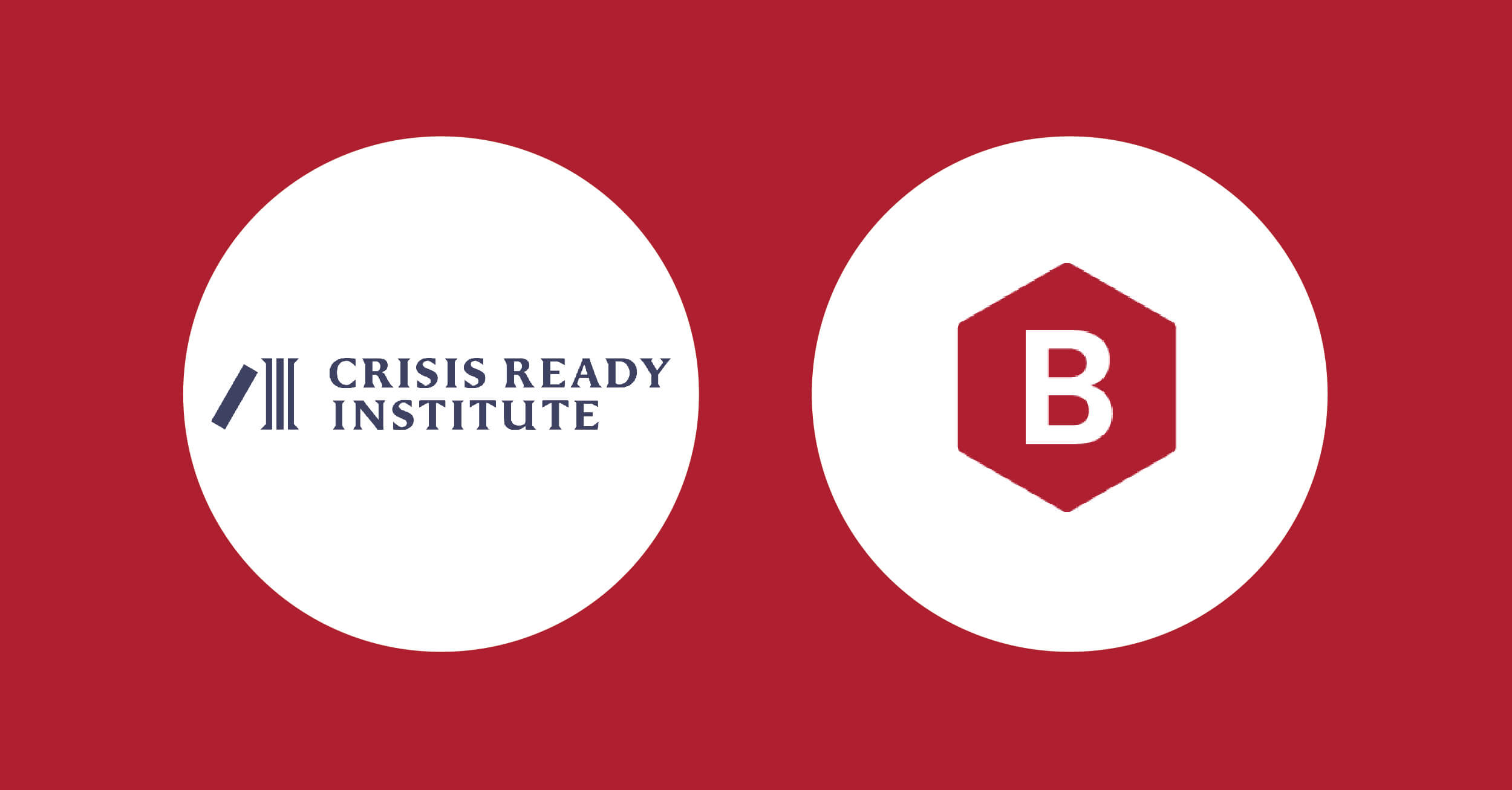Blog
How Leaders Build Trust in a Crisis
|

Blog
How Leaders Build Trust in a Crisis|

Beehive collaborated with Melissa Agnes, founder and CEO of Crisis Ready Institute, on a series of blogs highlighting crisis management and communication.
Leaders have a unique opportunity during a crisis to build trust and to position their organization in the direction of strategic growth. Strong leadership is always important, and it is especially important in times of crisis. Leaders set themselves apart when they use their head and heart to respond, communicate and connect. While this may not be a natural style for everyone, it is a critical skill that any leader can learn with good coaching and practice. Responding to a crisis with clarity, empathy and confidence is key to maintaining business continuity and successfully moving through the phases of crisis management.
In order to effectively lead an organization through crisis, leaders should understand three key things to build trust and to come out of a crisis stronger.
Reassurance
Employees look to leaders during times of crisis to reassure them and to provide hope for the future. It is the responsibility of leaders to provide facts in relation to the crisis with detailed information on how this affects employees, the organization and the go-forward plan, complete with proof and action steps. Employees are looking for details on exactly what the organization is working towards to build a better tomorrow.
Rehearsed and inauthentic responses and conversations won’t cut it with today’s workforce. Strong leadership is essential in coming out of a crisis stronger and more connected as an organization. Leaders need to incorporate and develop behaviors and mindsets to create connection and to provide reassurance across the organization in the event of a crisis.
Vulnerability
It takes courage to be vulnerable, especially as a leader. During a crisis, employees are looking for leadership from a human being, rather than a stiff, rehearsed conversation. Human-centered leadership builds trust and shows courage, creating a connection point with employees in times of crisis. Vulnerability can be uncomfortable, but it shows strength to be able to open up to your organization. In our ever-changing world, no one person has all of the answers. If you find yourself in a situation where employees are asking questions of you that you may not know, it is impactful to share that you don’t know the answer, and then to share what you’re doing to acquire the answers. Leading with honesty and transparency is key, especially in a crisis. When you are level and honest with employees about what you do and don’t know, it can be a great opportunity for connection.
Consistency
Communicate information simply and factually through regular, proactive updates. Keep people connected and help them understand the “why” behind difficult decisions and actions. This will help create understanding and focused engagement.
One of the biggest mistakes leaders in crisis can make is staying silent or going into hiding. These actions will immediately lead to suspicion and loss of trust. Instead, move quickly to frame the issue, put the situation in perspective and engage. Help people understand what’s happening and the actions the company is taking to move forward. When leaders step up with timely, clear and transparent communication, it keeps stakeholders from making incorrect assumptions or spreading false information.
It’s not a matter of if — but when — a crisis will impact an organization. The businesses and leaders that plan ahead and prepare are those best positioned to respond quickly, minimize damage and effectively move forward.
